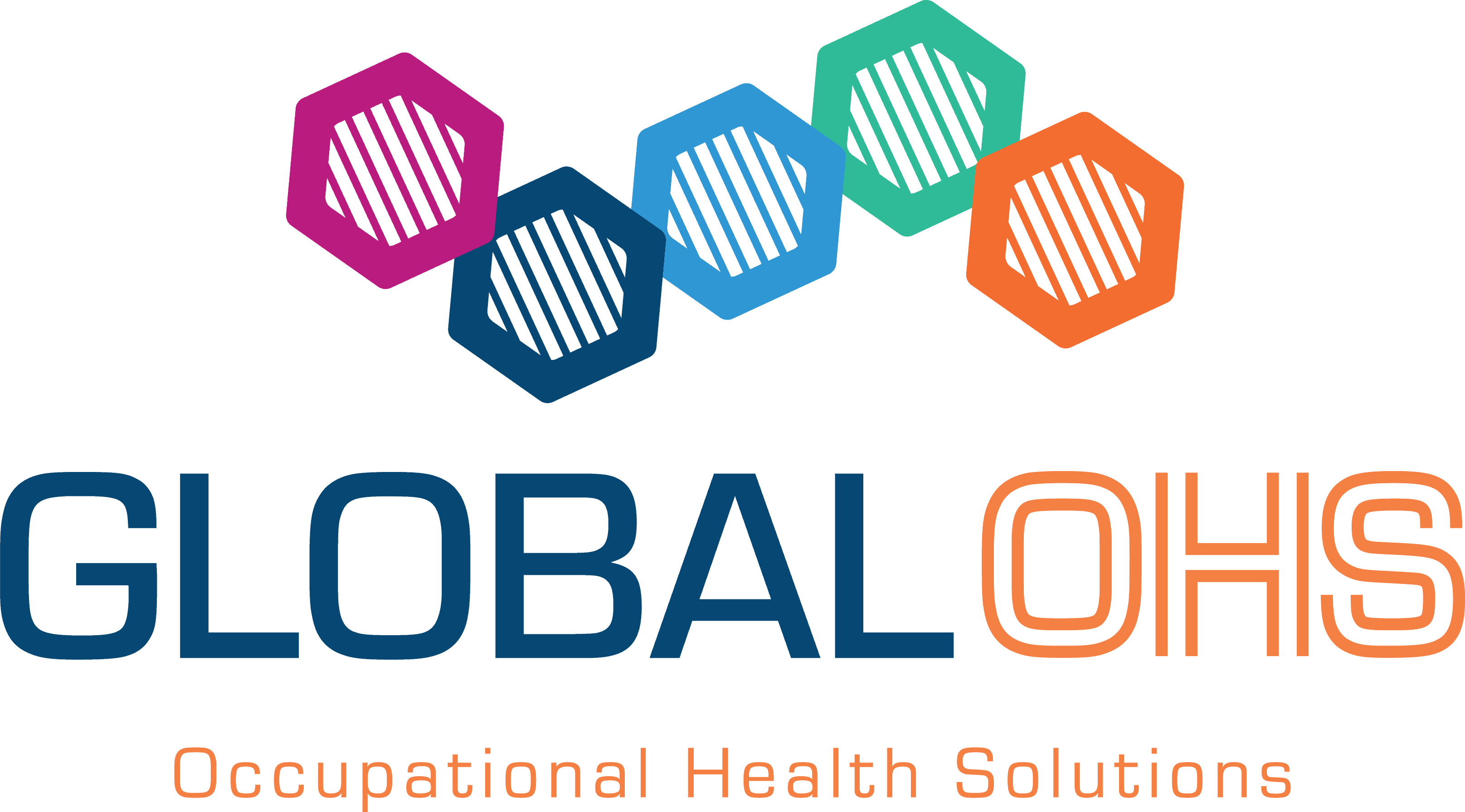So, how can Global Occupational Health Solutions help you improve your process and reduce costs? First, start by asking;
When is a health assessment appropriate?
Summary Points
• Employers must not ask questions about health until a conditional job offer has been made.
• Under the Data Protection Act (DPA) personal data shall be adequate, relevant and not excessive in relation to the purpose or purposes for which they are being processed. Pre-employment health questionnaires should not ask questions irrelevant to the job.
• Health professionals should assess health information provided as they are qualified to do so.
• OH records must be separate from HR records.
• If adopted, the 4 questions approach should not encourage any medical information to be disclosed to HR in the first instance.
What approach does your company take with regards to pre-employment screening? Is yours a targeted, job-specific approach or do you screen everyone for everything?
Since the changes with the Equality Act of 2010, most employers are aware that a pre-employment check now follows the conditional offer of employment, but if your screening process includes everyone, what benefit does this add, is this really necessary and does it incur an additional and superfluous expense?
Many employers believe that pre-employment screening prevents occupational diseases and sickness absence, however, a recent systematic review (Cochrane 2016) identified that screening is only beneficial in roles where there are specific health considerations, or if health surveillance is required. The review proves screening has little value or efficacy in non-hazardous roles and may not be effective in determining future absenteeism or work-related disability. Generally, it is not considered to be cost-effective. For more information read the full review here.
So, how can Global Occupational Health Solutions help you improve your process and reduce costs? First, start by asking;
When is a health assessment appropriate?
1) To identify if there are any adjustments for consideration and to determine the applicability of the Equalities Legislation (as it relates to disability).
2) As a baseline for any health surveillance or to identify any specific health-related issues.
3) To advise managers of a candidate’s fitness for a specific role.
Hopefully, this blog demonstrates that the approach to pre-employment health screening is changing; there is a move away from the blanket, generic approach requesting candidates to answer a full range of health questions to a more targeted, job-specific approach, in line with best practice. The Information Commissioner’s guidance states that health questionnaires should “only elicit information that is relevant and necessary.”
In fact, health assessments are now geared towards enabling candidates to work with adjustments and consequently fewer people are now denied jobs due to existing health conditions.
If yours is a blanket screening approach in which candidates are screened for a variety of conditions, (some of which may not be relevant to the role) whilst this is still in keeping with the requirements of the Equality Act in which health questions may be asked after a conditional offer has been made it may be unnecessary.
Interestingly in a recent poll, 40% of occupational health professionals found that pre-employment screening is ‘useless’ or adds little value, compared with their HR counterparts who believe screening to be ‘useful’ or ‘essential.’
So who is advising on your process?
Often, employers are concerned that employee may withhold information about their health or lie on their health assessment. The general rule is that if an applicant is found to have been less than truthful on their PEQ – it is very difficult to dismiss through dishonesty and whilst (at the time of writing) no case has yet been tested, it is probable that it would equate to dismissal due to a disability and therefore would result in indirect discrimination on behalf the employer (Fitzpatrick v British Rail [1991])
That said, a recent survey shows that if this situation occurred, the recourse taken against the employee would be predominately a supportive one and aim to encourage them to remain in work with additional adjustments (the majority of businesses questioned – 60% stated they would choose this if the employee had lied or withheld information).
At Global Occupational Health Solutions we support the four questions approach in which HR undertake the first level of screening. It is important to state that no medical information should be provided or requested at this stage and if a candidate responds positively to any of the below questions then they should be referred onto Occupational Health for a confidential assessment.
The 4 questions are;
1) Do you have any illness/impairment/disability (Physical or psychological) which may affect your work?
2) Have you ever had any illness/impairment/disability, which may have been caused or made worse by work?
3) Are you having, or waiting for treatment (including medication) or investigation at present?
4) Do you think you may need any adjustments or assistance to help you do the job? If yes please give any (non-medical) details.
Occupational health should undertake any further assessments, as medical information is required to be held in confidence. We can then advise you on the outcome of any further health conditions or adjustments that might be necessary.







